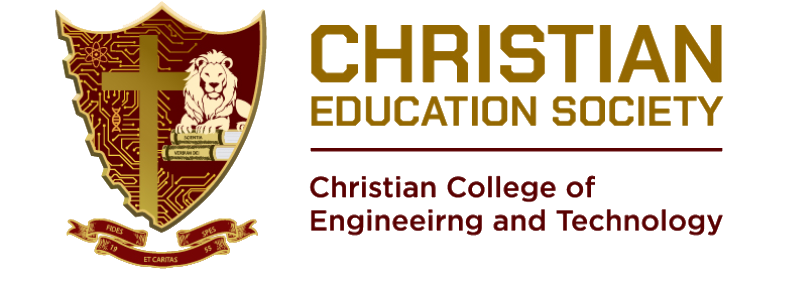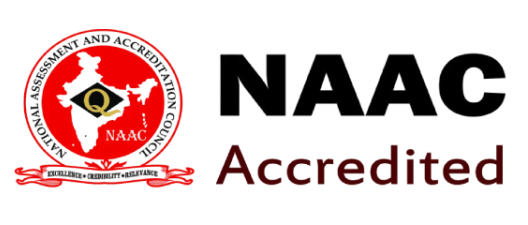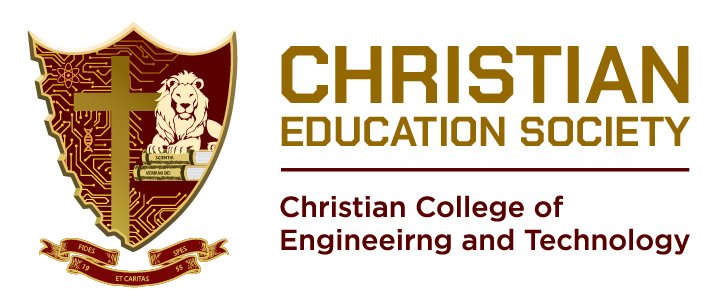Electronics & Communication Engineering Lab

Electronic Devices And Circuits
The objective of this course is to study various electronic components and design of various electronic circuits like power supply, audio and power amplifiers. This course is considered as foundation course for electronics and electrical engineers.
Commonly Tested Equipments
- RESISTOR
- CAPACITOR
- INDUCTOR
- DIODE
- FUNCTION GENERATOR
- CRO
- TRANSISTOR
- POWER SUPPLY
Communication Systems Lab
Communication laboratory gives students deep knowledge in digital communication systems at the practical level so that students can understand the logical, analytical, and mathematical background of the communication system. This lab focuses on understanding the fundamental concepts of signal flow in a digital communication system. Detailed analysis of TDM, Pulse modulations, digital modulation techniques, sampling and reconstruction, source coding techniques, Error-control coding techniques, the error performance of a digital communication system in presence of noise, and other interferences are done.
Commonly Tested Equipments
- Analog Communication System Trainer
- Digital Communication Training System Model
- 4-channel Oscilloscope
- DC Regulated Power Supply
- Function Generator
- LCR Meter
- Universal IC tester


Digital Lab
A digital lab is a laboratory that has digitalized virtually all of its operations including supply chains, lab systems, personnel, and instruments. The laboratory, therefore, becomes more automated and smart. The streamlined operations make the lab more efficient while lab data is managed by an information management system.
Commonly Tested Equipments
- Multimeter
- Function generator
- Power supplies
- Digital IC Trainer
- Logic Analyzer
- Oscilloscope
Microprocessor And Microcontroller Lab
Microprocessor and Microcontroller laboratory provides hands-on experience in programming and interfacing microprocessors and microcontrollers, with a focus on developing embedded systems. Students gain practical knowledge through working with 8085/8086 microprocessors and 8051 microcontrollers, learning instruction sets, interfacing techniques, and system-level design.
Key programming exercises include:
- Arithmetic operations
- Programming with control instructions
- Timer and counter operations
- Peripheral interfacing experiments include:
- A/D and D/A converters
- Stepper motor control
- Traffic light controller interface


Embedded Lab
The Embedded Systems lab supports research in the fields of modular robotics, real time operating systems, wireless sensor networks, IoT networks and wearables. Various ARM and PSoC based development boards are available in this lab. This helps to develop efficient tools, techniques and methodologies for developing energy-efficient and secure embedded systems
Commonly Tested Equipments
- Power Supply
- Microcontroller and Microprocessor
- Memory, Timers and Counters
- Communication Interfaces
- Input/output and Electrical Circuits
Software Used
- C, C++
- Keil









